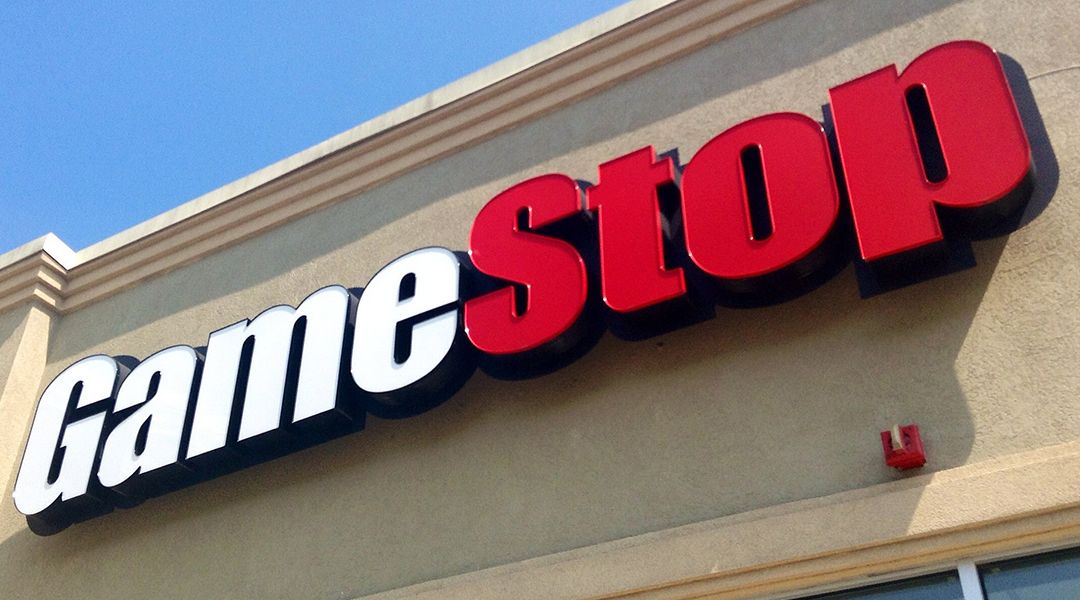GameStop is planning to change its controversial Circle of Life program in the coming days, according to numerous store managers. While the program will continue for the gaming retailer, the reported changes should lessen the pressure placed on individual employees and improve the success of each retail location.
For those unaware, the GameStop “Circle of Life” program is essentially a metric that the company’s corporate entity uses to measure the performance of its locations and employees. GameStop’s business hinges on gamers buying new games, selling those games back to GameStop for in-store credit, then using that credit to buy pre-owned games.
That process then continues with the used games, allowing GameStop to maximize its revenue with each individual title. What makes things even more controversial is GameStop's pricing of these used games, which can be extremely high.
According to some store managers who spoke with Kotaku, these Circle of Life scores were tracked both for individual employees and whole locations. Low scores have reportedly cost employees their jobs.
Beginning next week, GameStop will reportedly no longer track individual Circle of Life scores and put the focus instead on a location's performance as a whole. This is good news for employees, as it will reduce the pressure to push used games to meet a particular quota.
Additionally, GameStop is making a slight adjustment to the way retail scores are scored. Previously, the Circle of Life score focused on four areas: 1) pre-orders, 2) trade-ins, 3) pre-owned sales, and 4) rewards cards. GameStop will now be adding new sales to the mix, balancing out the scores to include all aspects of game sales. Apparently, the Circle of Life program did not include physical item sales or console and accessory sales when evaluating a store or employee's success.
For the moment, GameStop employees seem excited about the change to the Circle of Life program, and are hopeful that the changes will play out well when they roll out next week. If nothing else it sounds as though GameStop is learning to evaluate its stores by more than just its most profitable sales elements.

